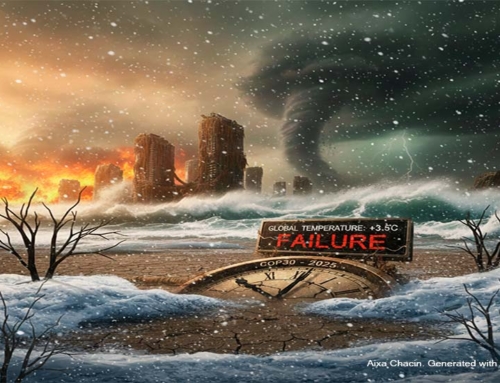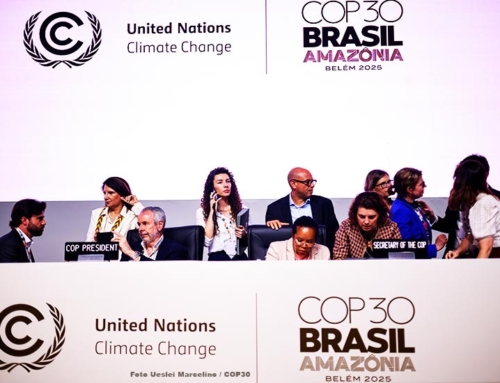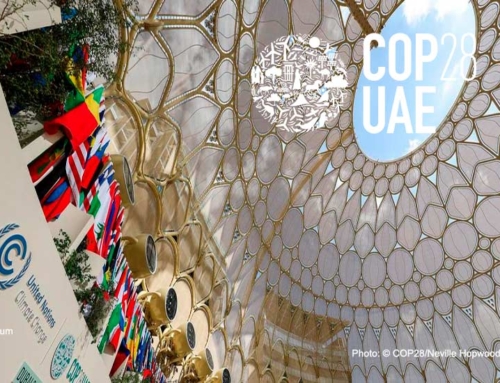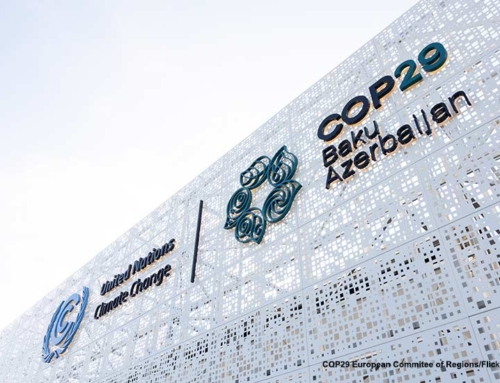Tomorrow (05-30-2022) begins the week of the 50th anniversary of “Stockholm 1972”, the first world environmental conference, also called “First Earth Summit” or “UN Conference on the Human Environment”.
Half a century ago, in the capital of Sweden, a fundamental document was produced, drawn up by illustrious minds. “The Stockholm Declaration”, which consists of 7 Proclamations and 26 Principles, has been compared to the Universal Declaration of Human Rights. In this document is everything that should be done in environmental matters.
Maurice Strong, secretary general of the Stockholm Conference, stated at the time that the message that prevailed during the Summit was “the realization that man had reached one of those fundamental points in his history where his activities are the main determinants of his own future.” More-clear impossible.
Unfortunately, in the following 50 years, unprepared people did not understand or attend the messages emanating from Stockholm, and today we see the consequences. The damage caused on the Earth is so advanced that more than reversal, we speak of “adaptation”.
The UN Environment Program (UNEP) acknowledges on its website: now, 50 years after the Stockholm meeting, “the world is facing the three planetary crises that threaten its future: climate change, loss of biodiversity, and pollution and waste…”.
However, all is not lost, especially in terms of the energy transition, where important advances are being made in areas such as solar energy, wind energy, green hydrogen and electromobility.
This week, on days 2 and 3, Stockholm+50 will be held, an event in the capital of Sweden, a country that will host with the support of Kenya, during which Stockholm 1972 will be commemorated. World Environment Day, an event that was the result of the 1972 conference.
The Stockholm+50 meeting will have a collaborative nature and will be open so that all participants can share experiences and initiatives to protect the planet and contribute to sustainable and inclusive development, also contemplating a sustainable recovery from the COVID-19 pandemic.
Sandor Alejandro Gerendas-Kiss







Leave A Comment